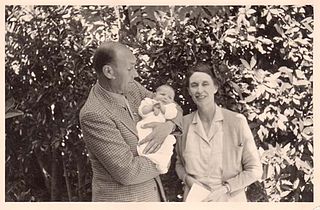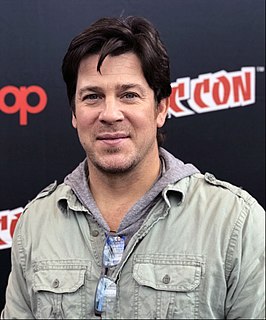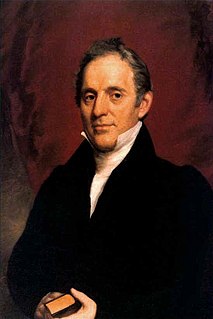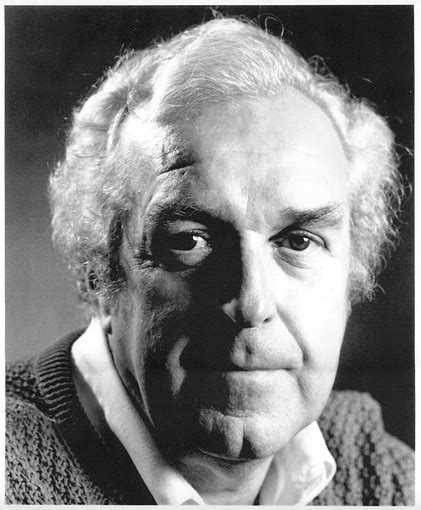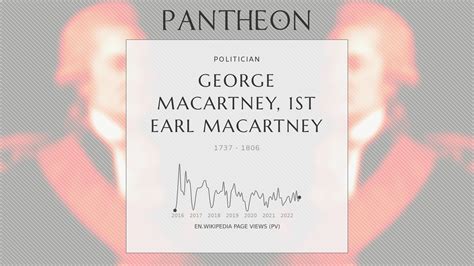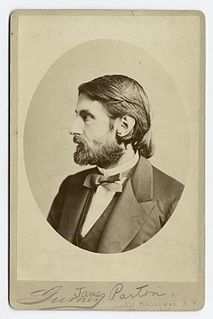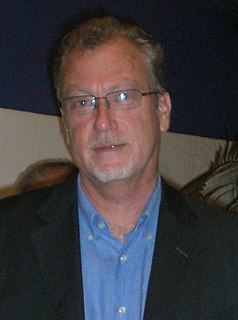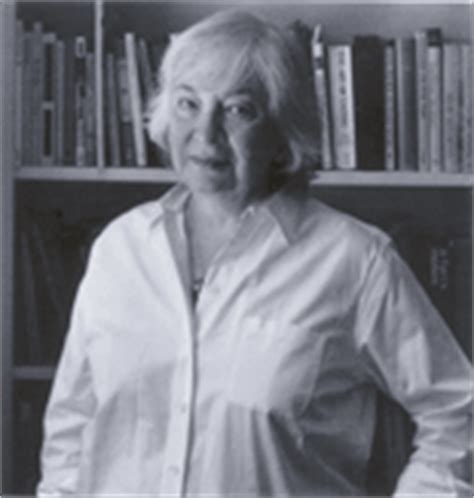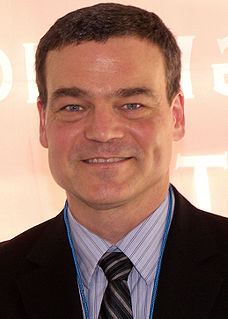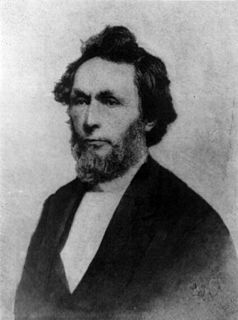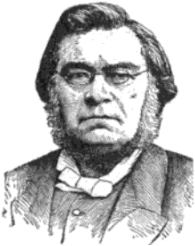A Quote by Iris Origo
[On writing biography:] If you wish to see a person you must not start by seeing through him.
Related Quotes
Biography always has fulfiled this role. Robinson Crusoe is a biography, as is Tom Jones. You can go through the whole range of the novel, and you will find it is biography. The only difference between one example and the other is that sometimes it's a partial biography and sometimes it's a total biography. Clarissa, for example, is a partial biography of Clarissa and a partial biography of Lovelace. In other words, it doesn't follow Lovelace from when he is in the cradle, though it takes him to the grave.
If Trump does not start seeing things through an ideological prism, he will never understand the method, the motive, and the how and why these attacks against him happen. He doesn't see liberalism, and because he doesn't see liberalism, he can be outfoxed by it every day. He's not an ideological person.
There came this point where I sat down with all my notebooks and I had to start to write, when I thought: this whole notion of writing for the person who understands nothing, the average reader ... He has to die! I can't have him in my head. And so the person I started writing for was the homicide detective.
There came this point where I sat down with all my notebooks and I had to start to write, when I thought: this whole notion of writing for the person who understands nothing, the average reader... He has to die! I can't have him in my head. And so the person I started writing for was the homicide detective.
I thought, He must forebear to reveal His power and glory by presenting Himself as Himself, and must be present only in the ordinary miracle of the existence of His creatures. Those who wish to see Him must see Him in the poor, the hungry, the hurt, the wordless creatures, the groaning and travailing beautiful world.
I had a checklist in my mind of the things that make a biography practical. Is the source material centralized? Is it easy to find? Are there new primary sources that no one has ever had access to? Are all the sources in English? If they're not, are they in a language that you speak? And I realized that not only is Armstrong the most important figure of Jazz in the 20th Century, but he's a perfect subject for a biography for all of these reasons. I had always loved his music and I had been fascinated in him as a personality. And that's really the key to writing a biography.
I wish most anxiously to see my much loved America - it is the Country from whence all reformations must originally spring - I despair of seeing an Abolition of the infernal trafic in Negroes - we must push that matter further on your side the water - I wish that a few well instructed Negroes could be sent among their Brethren in Bondage, for until they are enabled to take their own part nothing will be done.
Be clear in your mind what you want the outcome of your communication to achieve. If your aim is more than just to vent your anger towards a meat eater and you sincerely want that person to be a kinder more compassionate being, then you must start by seeing them as a kind and compassionate person. If you are unable to see them as kind and compassionate, then how dare you demand them to see themselves that way.
